Thyroiditis, inflammation of the thyroid gland, can cause thyroid disease. This occurs when the thyroid gland doesn’t supply the proper amount of hormones needed by the body. Hyperthyroidism (too much thyroid hormone released by an overactive thyroid gland) and hypothyroidism (too little thyroid hormone released by an underactive thyroid gland) can be caused by this inflammation.
Hashimoto’s disease, also known as chronic lymphocytic thyroiditis, causes inflammation in the thyroid, often leading to an underactive thyroid gland (hypothyroidism). Hashimoto’s disease is the most common cause of hypothyroidism in the United States.
Hyperthyroidism can accelerate your body’s metabolism significantly, causing sudden weight loss, a rapid or irregular heartbeat, sweating, and nervousness or irritability.
Donor requirements for participation:
- You must be clinically diagnosed by a medical professional. Confirmation of the diagnosis and/or treatment must be verified with your physician.
- Be pre-screened to determine eligibility.
- You’re willing to donate plasma through the apheresis process.
- You must have a photo ID and be able to provide your social security number or proof of citizenship.
- You must be at least 18 years old.
- You must weight at least 110 lbs.
- You must disclose if you have ever been diagnosed with Hepatitis C and/or HIV.
For questions and concerns about requirements or participation, contact us at (833) GO-4-CURE.
Symptoms
Initial signs and symptoms of Hashimoto’s disease may include swelling in the front of your throat, or goiter, or may be unnoticeable since its progression is slow.
Watch out for the following symptoms of hypothyroidism including fatigue and sluggishness, increased sensitivity to cold, constipation, pale, dry skin, a puffy face, hoarse voice, unexplained weight gain — occurring infrequently and rarely exceeding 10 to 20 pounds, most of which is fluid, muscle aches, tenderness and stiffness, especially in your shoulders and hips, pain and stiffness in your joints and swelling in your knees or the small joints in your hands and feet, muscle weakness, especially in your lower extremities, excessive or prolonged menstrual bleeding (menorrhagia) and depression.
Symptoms for hyperthyroidism differ including sudden weight loss, even when your appetite and the amount and type of food you eat remain the same or even increase, rapid heartbeat (tachycardia) — commonly more than 100 beats a minute — irregular heartbeat (arrhythmia) or pounding of your heart (palpitations), increased appetite, nervousness, anxiety and irritability, tremor — usually a fine trembling in your hands and fingers, sweating, changes in menstrual patterns, increased sensitivity to heat, changes in bowel patterns, especially more frequent bowel movements, an enlarged thyroid gland (goiter), which may appear as a swelling at the base of your neck, fatigue, muscle weakness, difficulty sleeping, skin thinning and fine, brittle hair.
Sometimes, Graves’ Ophthalmopathy can occur in patients with hyperthyroidism, which manifests in protruding eyeballs or red and swollen eyes
Treatment
Treatment for Hashimoto’s disease may include observation and medication depending on the level of hormone deficiency. Hormone replacement therapy with synthetic hormone drugs like levothryoxine may be needed per physician discretion.
Treatments for hyperthyroidism include radioactive iodine, anti-thyroid medications, beta-blockers, and sometimes surgery.
This information is not meant for clinical diagnosis, but as an educational resource derived from Mayo Clinic.
Living with a chronic illness can pose great challenges to your daily activity. Being proactive with treatment and donating to research can be a beneficial addition to your routine management. Discovering that you have a disease can be overwhelming with many unanswered questions and concerns. One that may come to mind is “how can I help someone else that may go the same process and struggles that I have experienced?” You can help by becoming a Specialty Antibody donor!
Participating in research allows scientists and clinicians find new treatments, tests and quicker diagnostic methods to improve patient outcomes and, hopefully, prevent the disease in the future.


DO NOT SELL OR SHARE MY INFORMATION
M-Th: 7 AM-3 PM
F: 8:30 AM to 10:30 AM
Programs:
Whole Blood, Plasmapheresis, White Blood Cells
M-F: 8:30 AM to 4 PM
Programs:
Whole Blood, White Blood Cells
M-F: 8:30 AM to 4 PM
Programs:
Whole Blood, White Blood Cells
M-F: 6 AM to 12 PM
Programs:
Whole Blood, White Blood Cells
M-F: 7 AM to 3:30 PM
Programs:
Whole Blood, White Blood Cells, Bone Marrow
M-Th: 8 AM to 5 PM
F: 8 AM - 2 PM
Programs: Whole Blood, White Blood Cells
M-Th: 8:30 AM to 3 PM
F: 8 AM to 12 PM
Programs:
Whole Blood, White Blood Cells
M-Th: 7 AM to 3 PM
F: 7 AM to 12 PM
Programs:
Whole Blood